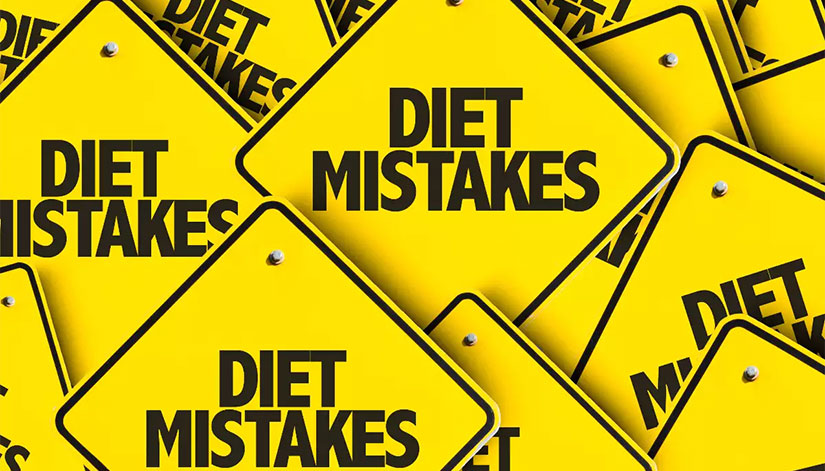The ketogenic diet is the latest ever-growing trend in town, and everyone wants to know whether it is just another cooked-up hoax or if it really works. The keto diet is a low-carbohydrate, high-fat diet that promotes ketosis, which is a metabolic process where the body starts to use fat as fuel. This fuel is known as ketones, and it becomes the body’s principal source of energy while on the keto diet. As our bodies enter a ketogenic state, they form an optimum fat-burning environment that allows for weight loss and a slew of other health benefits. Since it started gaining more and more rep, myths about its abilities also started to spread. So we are here to debunk some of the rumours regarding the ketogenic diet today.
Common Misconceptions about the Diet:

Often people mistake keto for diabetic ketoacidosis which is a life-threatening complication that can only happen if your body is lacking in insulin and the ketone bodies are also high at the same time. Your body simply goes into a state of ketosis when you deprive it of sugar and feed it only fats, which helps in weight loss.
Going On and Off the diet will NOT keep your weight in check. How will your body be able to maintain a sustainable weight if you do not follow the diet regularly? Keto is not a trend that you can jump into because your friends are doing it. You have to have a dietitian or nutritionist who guides you through the diet and only then can you reap the potential benefits of ketosis.
Consuming endless amounts of Meat is a big No. Yes, keto does focus on keeping 80% of your diet as fats, but that does not automatically mean you start eating all the bacon and butter in the world.
So how is keto done?
The proper way to the ketogenic diet is to eat only healthy fats which are unsaturated and keep your diet filled with heart-healthy fats like olive oil, flaxseed, and nuts. As for vegetables, yes, they are loaded with carbs, but you can easily have non-starchy ones like cauliflower, pepper, strawberry, broccoli, and of course, avocado. Just look up the carb content in vegetables before you purchase them. Having a grocery list prepared beforehand definitely helps!

